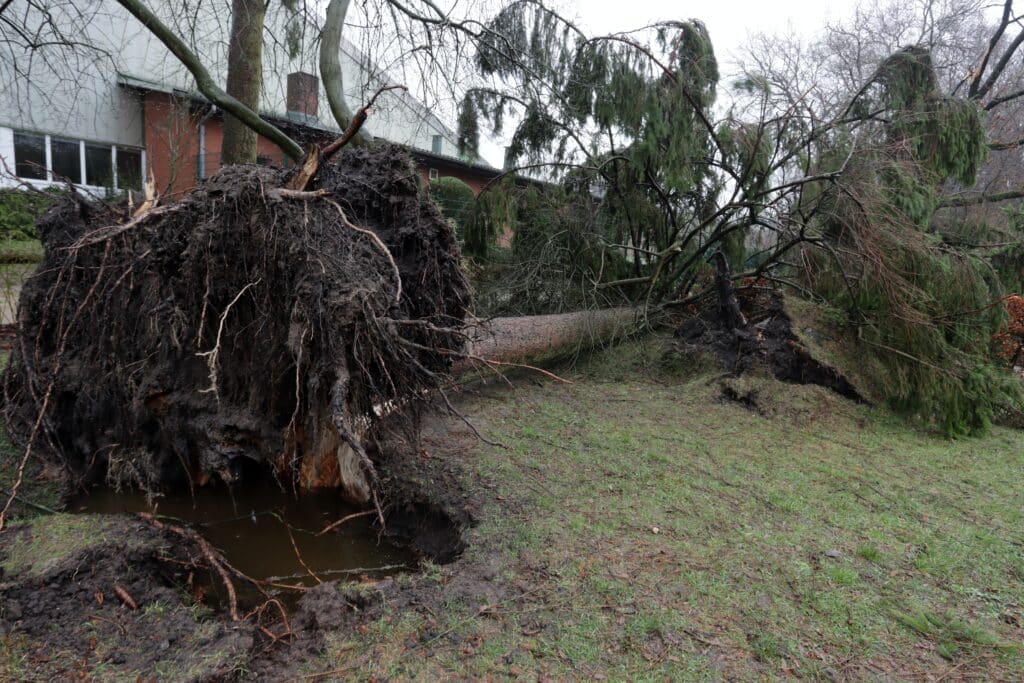Explore these valuable resources to access additional information and helpful resources related to hurricanes, storm preparedness, and recovery. These websites provide a wealth of knowledge and practical guidance to help you stay informed, prepared, and protected in the face of potential storms and natural disasters.

National Hurricane Center and Central Pacific Hurricane Center
The National Hurricane Center (NHC) is a division of the National Weather Service (NWS) that specializes in providing forecasts, warnings, and analysis of tropical cyclones and hurricanes in the Atlantic Ocean, Caribbean Sea, Gulf of Mexico, and Eastern Pacific Ocean. The NHC’s primary mission is to protect life and property by issuing accurate and timely information about tropical weather systems. They monitor and track developing storms, provide forecasts on storm paths, intensities, and potential impacts, and issue watches and warnings to areas at risk. The NHC plays a crucial role in helping communities and individuals make informed decisions and take necessary precautions when faced with the threat of a hurricane or tropical storm.
National Oceanic and Atmospheric Administration (NOAA)
The National Oceanic and Atmospheric Administration (NOAA) is a federal agency focused on the condition of the oceans and the atmosphere. Its mission is to understand and predict changes in the Earth’s environment and conserve and manage coastal and marine resources to meet our nation’s economic, social and environmental needs.
National Weather Service (NWS)
The National Weather Service (NWS) provides weather, hydrologic, and climate forecasts and warnings for the United States, its territories, adjacent waters and ocean areas, for the protection of life and property and the enhancement of the national economy.
Federal Emergency Management Agency (FEMA)
The mission of the Federal Emergency Management Agency (FEMA) is to lead the effort to prepare the nation for all hazards and effectively manage federal response and recovery efforts following any national incident. FEMA also initiates proactive mitigation activities, trains first responders, and manages the National Flood Insurance Program.
Business & Home Safety (IBHS)
The mission of the Institute for Business & Home Safety (IBHS) is to reduce the social and economic effects of natural disasters and other property losses by conducting research and advocating improved construction, maintenance and preparation practices.
Intellicast
Intellicast provides extensive specialized weather information to help plan all outdoor and weather sensitive activities, whether golfing, sailing, hiking, skiing or relaxing at the beach.
https://www.wunderground.com/intellicast
Florida’s Division of Consumer Services
Florida’s Division of Consumer Services offers valuable information on securing your property before a disaster and recovering afterward. Their resources provide guidance on preparedness and steps to take to safeguard your property in the event of a disaster. This is also a good website to educate on Assignment of Benefits, Contractor Fraud, and Disaster Preparedness: https://www.myfloridacfo.com/division/consumers/consumerprotections/assignmentofbenefits
https://www.myfloridacfo.com/division/ica/demolish
https://www.myfloridacfo.com/division/ica/planprepareprotect
State Specific Resources
The FLOIR is a great Florida Resource:
Hurricane: https://floir.com/consumers/hurricane-season-resources
Some Texas specific sites:
https://gov.texas.gov/hurricane
https://recovery.texas.gov/preparedness/hurricane-preparedness/index.html